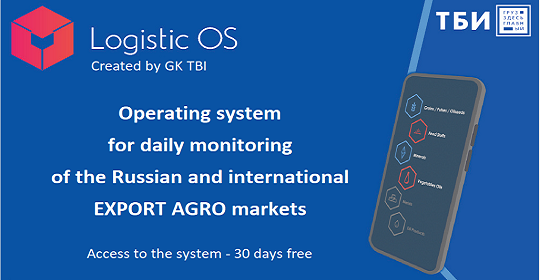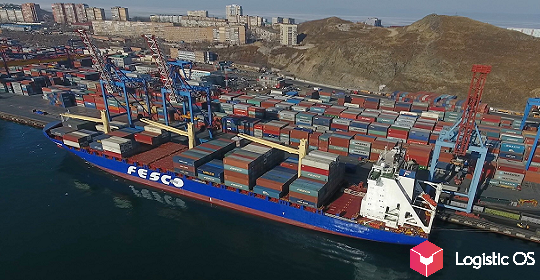But the return of prices to the pre-pandemic level is not to be expected.
Despite the introduction of significant export duties on grain, as well as oilseeds and oil produced from them, the area under these crops has not decreased in Russia and prices have not decreased on them.
2021 has every chance of becoming a record in terms of grain production (third year in terms of yield), as well as gross harvest of oilseeds (an absolute record).
It is planned that in total, up to 128.7 million tons of grain (81.7 million tons of wheat) will be harvested.
Oilseeds are supposed to be collected:
Sunflower: 15.5 million tons (+2.2 million tons compared to last year).
Rapeseed: 2.8 million tonnes (+0.2 million tonnes).
Soybean: 4.9 million tonnes (+0.6 million tonnes).
What is the reason for the conservation of grain and oilseed areas?
According to the general director of the analytical company ProZerno Vladimir Petrichenko, the reasons for these crops are different.
In the case of cereals, winter crops were sown even when the duties were not in effect. And since in winter many winter crops died due to severe cold, the producers had to finish sowing spring crops in their place.
That is why spring crops have been sown no less than usual this year, despite the duties.
As for the oilseeds, they always show good margins.
The growing price of oil has led many companies to focus on growing sunflower, soybean, rapeseed.
What is the reason for the continued high prices for grain and oil?
Despite the whole range of measures taken by the Russian government to contain prices, they not only do not decrease, but continue to grow.
According to experts, the main reason is that due to the coronavirus pandemic, the central banks of most countries have taken unprecedented measures, leading, among other things, to inflation.
This applies equally to the dollar and the ruble. The depreciation of money in itself leads to an increase in the price of all goods.
As for prohibitive duties, according to Petrichenko, they are of little use, since there are loopholes.
For example, Russian enterprises can sell their goods duty-free to Belarus and Kazakhstan.
But Kazakhstan, in turn, did not impose duties on the sale of agricultural products outside the Customs Union.
Thus, it has turned into a «transshipment point» through which Russian products can go to European and any other countries without any duties.
In general, although food supplies in the world have significantly recovered over the past year, they have not yet reached the pre-pandemic level.
And even if they are, then reality has already changed, and a return to the previous level of prices will most likely never happen.

